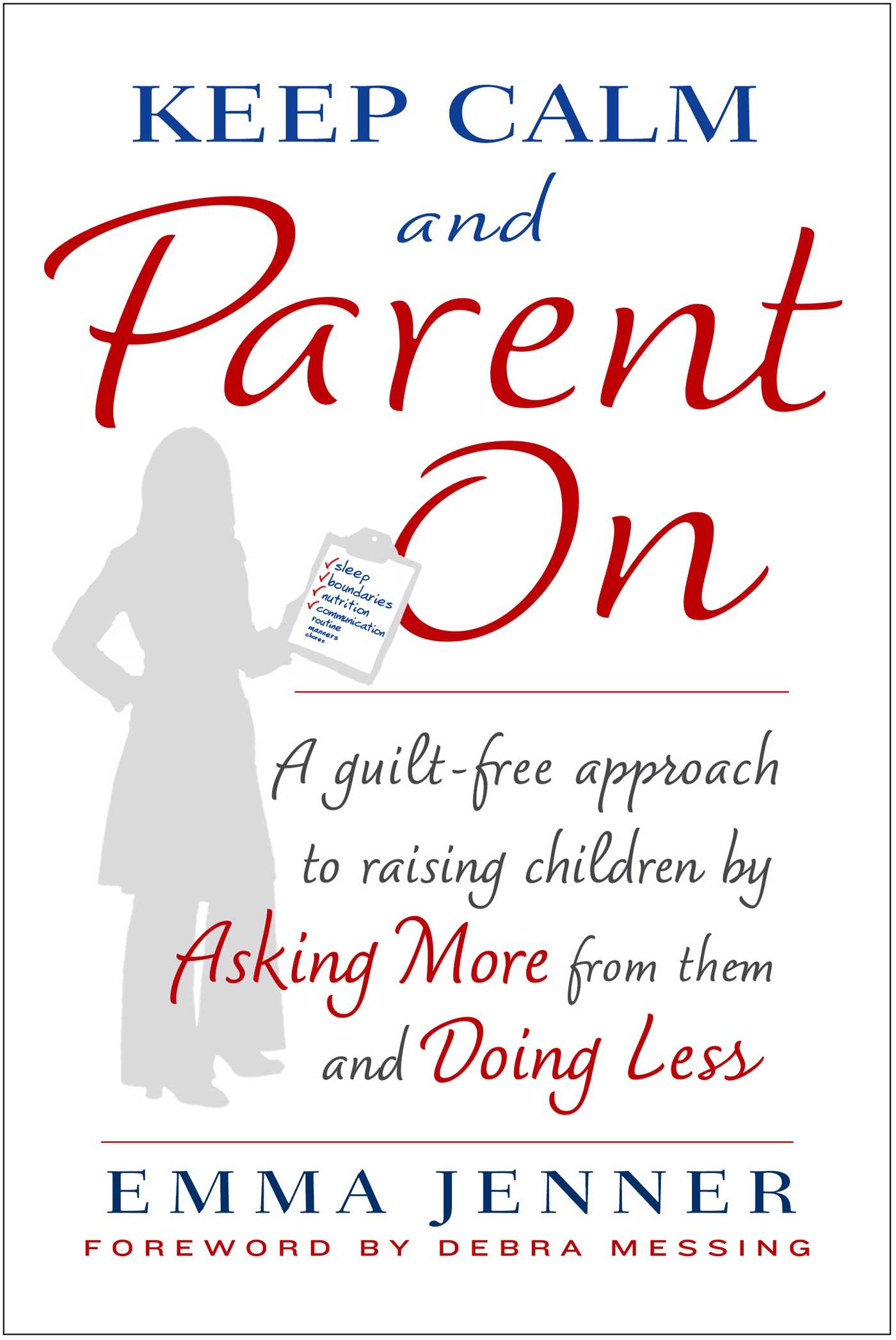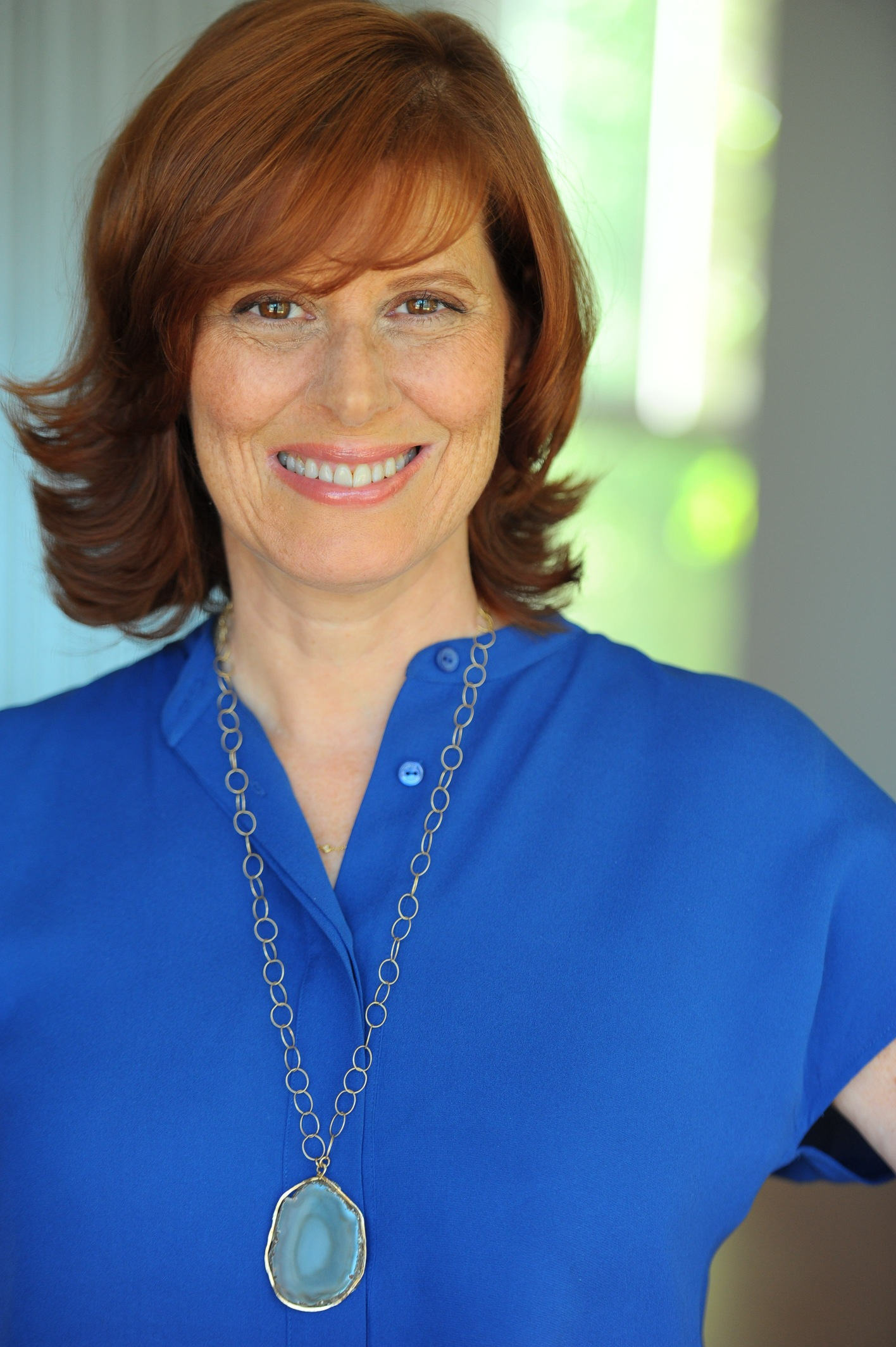Archive for the ‘parenting’ Category

How to respond when your child shouts, “You’re Not The Boss Of Me” is the question posed in the Wednesday, November 19, 2018 article in Great Schools. They pointed to 5 different responses parents/caregivers can use without getting into a power play. The #1 piece of advice came from longtime AJGPr client, parenting expert, Betsy Brown Braun. For the full article in GreatSchool, click here.

AJGpr client, educational consultant Angelina Arrington, Founder of Academic Savvy, has just posted her second blog installation in her Summer Savvy Series to kids learning and having fun during the summer break when statistics shows that math and reading levels drop during these months. Here is Part 2.
Summer Savvy Part 2: Your Kitchen: The perfect spot for family fun and summer learning!
When I was growing up, our summers meant lazy days spent playing softball at the park, swimming at the local public pool, helping my school teacher mother prepare her classroom for the fall, following my grandmother around the kitchen, and running around outside with other kids from the block until the street lights came on. July and August were filled with all sorts of adventures, and my friends and I returned to school in September with plenty of stories to tell. Cooking and experimenting with food was one of my favorite activities. I’ve been fiddling around the kitchen since I was about seven. One of my early specialties was cinnamon toast, and I eventually graduated to lemon cakes and peach cobblers under the tutelage of my grandmother. Those summer days acting as her sous chef are still some of my fondest memories.
Summer is the perfect time to get in the kitchen and whip something up with your kids! It can be challenging for families to find the energy to cook together during the school year. After a full day at work and school, sports practice, and tutoring, oftentimes the family is running on empty. Use the summer break to slow the pace and create fantastic memories right in your kitchen. Parents, your kitchen can transform into a great science lab and math workshop. Include you kids in the many skills to be learned while working away at the kitchen counter: measurements, fractions, categorizing lists, learning to tell time, states of matter, making hypotheses, and much more.
The most important outcome of cooking with your children, however, is the time spent together as a family being creative and sharing ideas and lots of laughs. So, get out your measuring cups and spoons, cookie sheets, and rolling pins, grab fresh fruit, almonds and rainbow sprinkles, don an apron (or a lab coat if you’re feeling adventurous), and turn on some fun tunes. The Internet is chocked full of recipes for all ages, and I’ve listed a few simple recipes below that make a big splash with school-age children. Bon appétit!
Homemade Ice Cream in a Coffee Can
Tips and recipes for baking cookies with kids

AJGpr has just added another expert to their client list, educational consultant, Angelina Arrington, founder of Academic Savvy.
In addition to the educational consulting and academic planning she provides for parents, Angelina also blogs about all sort common sense and balanced advice for parents trying to navigate the often-complex path to helping their children achieve educational success. She is an expert at guiding parents to “optimize” their child’s potential in and out of school.
With the recent launch of her educational consulting firm, Academic Savvy, Angelina has posted the first of a blog series called Summer Savvy. This blog series is meant to help parents find fun things to do with kids over the summer that also keep them learning. Here (and below) is first, entry How to Keep Kids Engaged, Learning, and Having Fun Over the Summer.
Enjoy!
——————————————————————————————————————————————
Summer Savvy Part 1: How to Keep Kids Engaged, Learning, and Having Fun All Summer
With school out and summer fast approaching, parents often start thinking of what activities they can do to keep their kids engaged, thinking, and having fun. While kids need summer time to disengage from schoolwork and just be kids, its also important for parents to keep children intellectually engaged throughout summer. Studies show that students lose months of reading and math skills over summer vacation, a phenomenon known as Summer Math Loss. In fact, research indicates that most students lose about two months of grade level equivalency in mathematical computation skills over the summer months. (Cooper, 1996).
Academic Savvy offers many creative “learning” activities for parents to do with their kids over the summer. Below is the first of a three-part series beginning with math fun.
Summer Savvy Part 1: Grocery Store Math
Grocery shopping is one of the best examples of a place where math is real. It is a great place for practicing estimation, numeracy, mental math, comparing shapes, and measurement, just to name a few. By allowing your children to actively participate in weighing, counting, and figuring prices per pound, you are reinforcing abstract skills learned in class within a real-life context. Next time you’re at the store, try the following activities with your child:
Rounding Up/Down and Mental Math – as you place items in your cart, have your child round up or down to the nearest dollar, then keep a mental tab of the total cost of your purchase.
Using a Calculator – as you place items in your cart, have your child round up or down to the nearest dollar, then add or subtract items to keep a tab of the total cost. Right before you reach the register, have your child calculate the sales tax as well.
Recognizing Numbers – for kids ages 3-6, playing a number recognition game is a great way to reinforce numeracy. As you shop, call out different numbers, and ask your child to find it on the shelves or on products.
Identifying Shapes – for kids of all ages, this activity will help reinforce geometry skills. As you shop, call out a shape, for example a square, and ask your child to find other items shaped just like it.
Weighing Produce and Calculating Cost – while shopping in the produce section, you can ask your children to predict how heavy items are or if one item is going to be heavier than another. Older children can use the price per pound to calculate the total cost of an item.
These are just a few of the things you can do with your children this summer to avoid summer learning loss. Here are a few links below to other sites that have wonderful suggestions and activities to help your kids have a fun and productive summer.

AJGpr client Emma Jenner, a child development and behavioral specialist and author of the new parenting book Keep Calm and Parent On: A Guilt-Free Approach to Raising Children by Asking More from Them and Doing Less (Atria, July 15th) also blogs for the Huffington Post’s Parenting section. Her most recent post – 5 Reasons Modern-Day Parenting is in Crisis (the full article is also posted below) has already received over 255K likes.
Emma, a British native, spent 17 years as a professional nanny and baby nurse for a variety of high profile and celebrity families in England, Germany, and the United States. American audiences know her best as “Nanny Emma,” from the 2008 TLC series Take Home Nanny, when she traveled across America helping families put harmony back in their homes.
Today, Emma is a parenting consultant and founder of Emma’s Children. So, in addition to in-person consultations, Emma is available by phone, face-time, and SKYPE, to help families nationally and internationally create a loving and nurturing home environment.
As an author and consultant, Emma offers the best of both British and American traditions to help parents navigate the often complex journey of raising children from birth to 7 years old. Her book, Keep Calm and Parent On, is a treasure trove of common sense, balanced, and holistic parenting tools and solutions. Emma’s favorite mantra is, “If parents are in control, they can enjoy their children more.” And what could be more enjoyable than well behaved, respectful, healthy, thriving kids?
—————————————————————————————————————————————
From the Huffington Post
5 REASONS MODERN-DAY PARENTING IS IN TROUBLE
I generally am quite an optimistic person. I tend to believe that everything will work out for the best unless the evidence is overwhelmingly to the contrary, and anyone who knows me will tell you that I am not prone to drama. That’s why when I say that modern parenting is in serious trouble — crisis, even — I hope you’ll listen, and listen carefully. I’ve worked with children and their parents across two continents and two decades, and what I’ve seen in recent years alarms me. Here are the greatest problems, as I see them:
1. A fear of our children.
I have what I think of as “the sippy cup test,” wherein I will observe a parent getting her toddler a cup of milk in the morning. If the child says, “I want the pink sippy cup, not the blue!” yet the mum has already poured the milk into the blue sippy cup, I watch carefully to see how the parent reacts. More often than not, the mum’s face whitens and she rushes to get the preferred sippy cup before the child has a tantrum. Fail! What are you afraid of, mum? Who is in charge here? Let her have a tantrum, and remove yourself so you don’t have to hear it. But for goodness’ sake, don’t make extra work for yourself just to please her — and even more importantly, think about the lesson it teaches if you give her what she wants because she’s thrown a fit.
2. A lowered bar.
When children misbehave, whether it’s by way of public outburst or private surliness, parents are apt to shrug their shoulders as if to say, “That’s just the way it is with kids.” I assure you, it doesn’t have to be. Children are capable of much more than parents typically expect from them, whether it’s in the form of proper manners, respect for elders, chores, generosity or self-control. You don’t think a child can sit through dinner at a restaurant? Rubbish. You don’t think a child can clear the table without being asked? Rubbish again! The only reason they don’t behave is because you haven’t shown them how and you haven’t expected it! It’s that simple. Raise the bar and your child shall rise to the occasion.
3. We’ve lost the village.
It used to be that bus drivers, teachers, shopkeepers and other parents had carte blanche to correct an unruly child. They would act as the mum and dad’s eyes and ears when their children were out of sight, and everyone worked towards the same shared interest: raising proper boys and girls. This village was one of support. Now, when someone who is not the child’s parent dares to correct him, the mum and dad get upset. They want their child to appear perfect, and so they often don’t accept teachers’ and others’ reports that he is not. They’ll storm in and have a go at a teacher rather than discipline their child for acting out in class. They feel the need to project a perfect picture to the world and unfortunately, their insecurity is reinforced because many parents do judge one another. If a child is having a tantrum, all eyes turn on the mum disapprovingly. Instead she should be supported, because chances are the tantrum occurred because she’s not giving in to one of her child’s demands. Those observers should instead be saying, “Hey, good work — I know setting limits is hard.”
4. A reliance on shortcuts.
I think it’s wonderful that parents have all sorts of electronics to help them through airline flights and long waits at the doctor’s office. It’s equally fabulous that we can order our groceries online for delivery, and heat up healthy-ish food at the touch of a button on the microwave. Parents are busier than ever, and I’m all for taking the easy way when you need it. But shortcuts can be a slippery slope. When you see how wonderful it is that Cayou can entertain your child on a flight, don’t be tempted to put it on when you are at a restaurant. Children must still learn patience. They must still learn to entertain themselves. They must still learn that not all food comes out steaming hot and ready in three minutes or less, and ideally they will also learn to help prepare it. Babies must learn to self-soothe instead of sitting in a vibrating chair each time they’re fussy. Toddlers need to pick themselves up when they fall down instead of just raising their arms to mum and dad. Show children that shortcuts can be helpful, but that there is great satisfaction in doing things the slow way too.
5. Parents put their children’s needs ahead of their own.
Naturally, parents are wired to take care of their children first, and this is a good thing for evolution! I am an advocate of adhering to a schedule that suits your child’s needs, and of practices like feeding and clothing your children first. But parents today have taken it too far, completely subsuming their own needs and mental health for the sake of their children. So often I see mums get up from bed again and again to fulfill the whims of their child. Or dads drop everything to run across the zoo to get their daughter a drink because she’s thirsty. There is nothing wrong with not going to your child when she wants yet another glass of water at night. There’s nothing wrong with that dad at the zoo saying, “Absolutely you can have something to drink, but you must wait until we pass the next drinking fountain.” There is nothing wrong with using the word “No” on occasion, nothing wrong with asking your child to entertain herself for a few minutes because mummy would like to use the toilet in private or flick through a magazine for that matter.
I fear that if we don’t start to correct these five grave parenting mistakes, and soon, the children we are raising will grow up to be entitled, selfish, impatient and rude adults. It won’t be their fault — it will be ours. We never taught them any differently, we never expected any more of them. We never wanted them to feel any discomfort, and so when they inevitably do, they are woefully unprepared for it. So please, parents and caregivers from London to Los Angeles, and all over the world, ask more. Expect more. Share your struggles. Give less. And let’s straighten these children out, together, and prepare them for what they need to be successful in the real world and not the sheltered one we’ve made for them.

On May 19th, AJGpr client, parenting expert Emma Jenner received a great review from Publishers Weekly for her new book, Keep Calm and Parent On: A Guilt-Free Approach to Raising Kids by Asking More from Them And Doing Less.
A British native, Emma spent over 17 years as a professional nanny and baby nurse for a variety of high profile and celebrity families in England, Germany, and the United States. Often referred to as a “Modern-day Mary Poppins” she was the star of TLC’s Take Home Nanny in 2008, and traveled across America helping families put harmony back in their homes. Emma offers a treasure trove of common sense, balanced, and holistic parenting tools in Keep Calm and Parent On.
Here’s what Publishers Weekly had to say:
“British nannies are all the rage, and this contribution from parenting expert Jenner, former star of TLC’s Take Home Nanny, hits the usual topics of sleep, food, and discipline. Where she sets her parenting advice apart is in chapters such as “The Dignified Parent” and “The King’s Speech.” In the former, she highlights the most important relationship in the household; she even recommends that parents greet each other before greeting children. The latter focuses on communication, with advice on how children should communicate with parents and the world, as well as how parents should communicate respectfully with children and each other. Manners are important to Jenner: children should behave properly at the dinner table, say thank you, and greet others properly, right down to learning how to shake hands with grown-ups around age four. Parents should model good manners—being polite with children and respecting their physical space. The author has high standards, but notes, “I’m not a fan of British households that are all rules and limits and no love.” She provides helpful checklists to “take the guilt and some of the angst out of parenting by putting daily struggles and common problems in objective, systematic terms.” Parents will welcome this balanced approach.”

 How do you define bratty behavior and how do you stop it?
How do you define bratty behavior and how do you stop it?
That is the question Hallmark Channel’s Home & Family co-hosts, bestselling author and chef Christina Ferrare and personality Mark Steines asked AJGpr client — parenting expert Betsy Brown Brown.
Betsy affirmed, “What parent hasn’t thought her child was a brat at one point or another And what child hasn’t been a brat at one point or another?” However a parent defines brattiness —
- Your child resorts to crying or yelling when they want something.
- Your child constantly throw tantrums when they don’t get what they want.
- Your child is rude to you, other adults, and even to other children.
- Your child refuses to share with other children.
- Your child always has to be the center of attention.
the list goes on… whether your child really is a brat, at risk of becoming one, or is simply trying to grow up, Betsy, a renowned child development and behavior specialist, shares her tried and tested brat busters with the Home & Family audience.
Tune in on Tuesday, March 18th at 10:00 am/9:00 am Central to watch Betsy Brown Brown talk about “How to Bratproof Your Child” on Home & Family.
ABOUT BETSY
Betsy is the bestselling author of Just Tell Me What to Say: Sensible Tips and Scripts for Perplexed Parents (HarperCollins) and You’re Not The Boss Of Me: Bratproofing Your Four To Twelve Year Old (HarperCollins). She blogs on parenting for the Huffington Post and has an “Ask Betsy” column in the Pailsadian Post and is an expert source for the on line parenting video resource Kids in the House.

AJGpr client, Dr. Rita Eichenstein, a licensed psychologist with post-doctoral training in pediatric neuropsychology and special education recently launched a blog called Positively Atypical, directed to parents of children with learning disabilities, attention deficit disorders, autism spectrum, gifted populations, as well as quirky kids who don’t fit any diagnosis but still face challenges.
On October 16th, Dr. Rita was guest on Straight Talk with Nick Lawrence to discuss her upcoming book Positively Atypical: How Your Well-Being Affects Your Special-Needs Child—And What You Can Do About It.
Dr. Rita’s life’s work has been to reach out, support, and counsel atypical children and their parents. Positively Atypical is the distillation of 25 years in private practice at Cedars-Sinai Medical Towers in Los Angeles, California, specializing in pediatric neuropsychological assessments and parent training skills.

Host Gil Gross, an award winning radio journalist who has reported the news to millions of Americans and interviewed pop culture icons and heads-of-state alike turned to AJGpr client Dr. Nina Shapiro after reading her Op-Ed in the Los Angeles Times — With fewer vaccinations, is your child’s school safe? Too many parents are seeking excemptions from California’s vaccination law.
This story has legs…

Data shows the anti-vaccination movement spreading to places like Malibu and Boulder — so Salon’s political reporter, Alex Seitz-Wald sought out AJGpr client, Dr. Nina Shapiro for some answers. Here is his article that appeared in Salon.com on Wednesday, August 13. 2013.
You may not immediately peg the woman in yoga pants sipping Kombucha outside Whole Foods as a science-denier, but she might be. The anti-vaccination movement, which posits — in the face of overwhelming empirical research — that vaccines cause autism and other diseases, seems to be picking up steam in many of the country’s wealthier, educated enclaves where parents are interested in living “natural” lifestyles.
“It’s a little bit cool, it’s a little bit of a trend,” says Nina Shapiro, a professor at UCLA medical school and mother of two who wrote an Op-Ed in the Los Angeles Times this weekend about her growing concern with the anti-vax movement.
It’s certainly true of the anti-vaccination’s most prominent voices, like actress Jenny McCarthy, who was just hired to a spot on “The View,” and environmentalist Robert Kennedy Jr.
“It’s that whole natural, BPA-free, hybrid car community that says ‘we’re not going to put chemicals in our children,’” Shapiro told Salon. “It’s that same idea: ‘I’m going to be pure and I want to keep my child pure.’”
California law mandates that all students get vaccinated, but it also makes it easy to get exemptions for personal beliefs. And parents in tony places like Marin County are taking advantage of it in seemingly growing numbers. One public elementary school in Malibu, an affluent beach town just north of Los Angeles, reported that only 58 percent of their students are immunized — well below the recommended 90-plus percent level — according to Shapiro.
And it’s even worse in some of L.A.’s private schools, where as few as 20 percent of kids are vaccinated in some schools. “Yes, that’s right: Parents are willingly paying up to $25,000 a year to schools at which fewer than 1 in 5 kindergartners has been immunized against the pathogens causing such life-threatening illnesses as measles, polio, meningitis and pertussis (more commonly known as whooping cough),” she wrote.
Shapiro’s Op-Ed provoked such heated discussion among the Times’ readers that the Southern California paper devoted a second item just to the reaction.
Joel Stein wrote in Time magazine a few years ago about his disagreement with his wife over vaccinating their children — he wanted to, she didn’t. Her view was “not unique,” he wrote, “at least not in the liberal, wealthy part of L.A. where we live.”
But it’s not just California. Public health officials see large clusters of unvaccinated children in latte-drinking enclaves everywhere, like Ashland, Ore., and Boulder, Colo., where close to 30 percent of children are exempted from one vaccine or another. In some schools in Ashland two-thirds of the students have exemptions, according to Mark Largent, a James Madison College professor who wrote a book about the vaccine debate last year.
And new data out this month from the Centers for Disease Control shows what Paul Offit, a pediatrician at Children’s Hospital of Philadelphia, calls a disturbing uptick in the number of children forgoing vaccinations. “For the first time ever, there are a handful of states which now have people who are choosing not to get vaccines at the greater than 5 percent level, which is a problem. That’s where you’re going to start to see some of these diseases coming back. And you’re already seeing it with whooping cough and other diseases,” he told Salon. Indeed, the anti-vaccination movement was blamed for helping cause the worst whooping cough epidemic in 70 years.
The states above 5 percent include Michigan, Vermont, Idaho and Oregon. Illinois barely missed the cut at 4.8 percent. The national median is 1.8 percent, with many states below 1 percent, making Vermont (5.7 percent) and Oregon (6.4 percent) more than three times above the national average.
Offit, a prominent skeptic of alternative medicine and pro-vaccination author, explained that high education levels can enhance, rather than deter, anti-vax beliefs. “They’re people who believe that they can know anything and know as much as their doctor — if not more — by simply studying it, reading about it,” he said. Many of these people, he added, are used to being in control of their lives and at their jobs and want to control this aspect of their lives as well.
Science writer Chris Mooney has written that vaccine denialism “largely occupies the political left,” though he later walked that back in light of polling data and pushback from Kevin Drum, David Frum, Andrew Sullivan and others, who pointed out that shopping at Whole Foods does not necessarily make you a liberal. And in Congress, the anti-vax movement is represented by Republicans.
And there’s some evidence to suggest that vaccine denialism is gaining strength on the far-out libertarian fringe of the right, where people like Michele Bachmann, Alex Jones and others have spoken out against what they see as a totalitarian mandate from the government to inoculate your children. That might help explain the presence of Idaho on the CDC list, and the fact that the data show the largest increases in non-medical exemptions came from Georgia and West Virginia.







